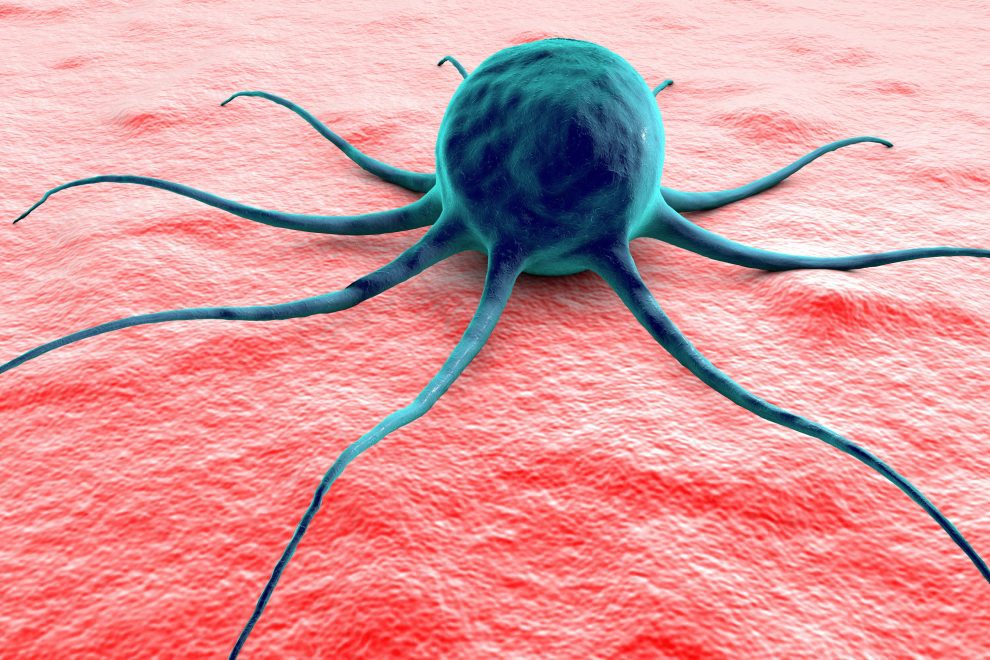Australians diagnosed with a rare cancer are being failed by an outdated ‘one size fits all’ approach to research and clinical trials, a leading cancer researcher says.
Professor David Thomas, head of the cancer division at the Garvan Institute of Medical Research and director of the Kinghorn Cancer Centre says the impact of rare cancers, which disproportionately affect the young, on the community is “enormous”.
“We tend to think of these cancers as individually rare events but in fact if you put them together then they constitute the single largest cause of cancer diagnoses and cancer deaths in the community, and the single largest group of years of life lost to cancer,” Thomas said.
According to Rare Cancers Australia, 52,000 people in Australia will be diagnosed with a rare and less common cancer each year, and 25,000 will die annually. Despite advances in medicine, the survival rate for people diagnosed with rare cancer, of which there are more than 150, is extremely low compared to the average survival rates of people with more common cancers.
The way research has been traditionally conducted in Australia is one “critical” reason why patient outcomes have remained poor, says Thomas. The difficulty for rare cancer research is clinical trials are typically conducted based on large numbers of patients with one disease such as breast cancer, he said.
“So consequently there is a very large group of cancer patients who have been systematically disengaged from the research enterprise that have driven improvement in survival for other members of the community,” he said.
Hoping to close the survival gap, Rare Cancers Australia has released a report calling on the government, industry and research community to unite and adopt a range of recommendations “necessary” to improve patient outcomes. The recommendations include clinical trial reform to support access to new medicines.
Thomas says modern science in the form of precision medicine offers the best hope for rare cancer patients and its time to “get on with it”. “Rare cancers stand to gain the most but we need precision medicine trials to make that happen and that is what we are calling for here, a new way to conduct trials based upon the principles of precision medicine.”
Source: AAP





















Add Comment